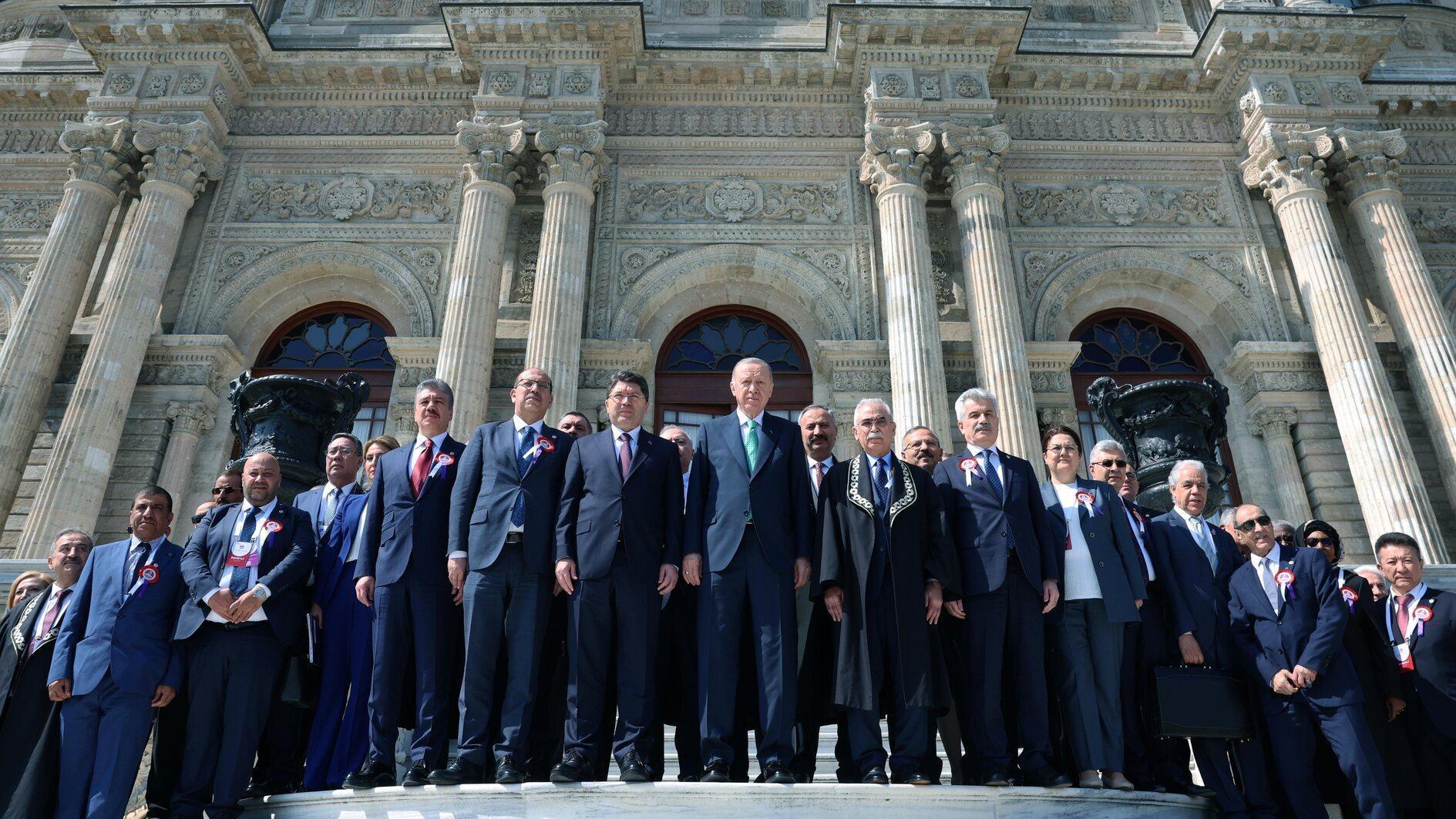Don’t be fooled by Merkel’s aura of invincibility
Paul Wallace
Unlike the nerve-jangling elections earlier this year in the Netherlands, France and Britain, Germany’s has been notably dull. The country that invented “Sturm und Drang” is showing a distinct lack of storm and stress as Angela Merkel heads towards a fourth term as chancellor.That seemingly inexorable outcome on Sept. 24 has raised hopes that she will push through greater integration within the euro area, in partnership with French president Emmanuel Macron, while also championing the rules-based international order that America has forsaken under Donald Trump. But Merkel will find it hard to satisfy such expectations, since she will face new political constraints at home.
A string of polls suggests that the politics of Merkel’s fourth term will be tricky. Recent findings show support for her center-right CDU party (together with the CSU in Bavaria) at around 36 percent. Because of Germany’s electoral system, she will once again have to form a coalition.
The most stable government would be another “grand coalition” with the center-left SPD, her current partner, which is currently polling at around 22 percent. That might appeal to the SPD leadership but many party members are opposed to playing second fiddle again, not least since this does not pay off at the polls. If Merkel cannot form a coalition with the SPD, she may have to form a coalition with not just one but two smaller parties, the FDP and the Greens. This combination would be a first in the Bundestag and it could prove fissile by bringing together the free-market FDP, with Germany’s environmentalist party, which has in the past allied itself with the SPD.
Until now the Bundestag has been immune from the upsurge of populism in Europe. But the far-right AfD (Alternative for Germany) looks set to break through the 5 percent threshold that held it at bay in 2013. Though riven by internal divisions and shunned by the other parties, the AfD will be able to use its presence in the Bundestag as a platform for its populist opposition to the chancellor’s policies.
The politics of Merkel’s fourth term may be more unfavorable than before, but that should be surmountable if the economy – her trump card in the election - remains buoyant.
German economic and fiscal strength, so crucial in underpinning the euro zone during the crisis years of 2010-12, has come to be taken for granted. Yet under the shiny paint the engine looks less reliable for the longer journey ahead. Much of the economy does not match the prowess of German manufacturers. In particular Germany lags in business services, as a report from the OECD pointed out last year. Many professions are subject to restrictions that fetter competition. Germany is overbanked with too many small lenders and the banking sector has unhelpfully high levels of public ownership.
Moreover, the business model of German manufacturing is under threat.
Germans are proud of their massive current-account surplus, yet the domestic counterpart is a lack of investment to absorb national savings. The government’s drive to balance the books has come at the cost of inadequate capital spending on the national infrastructure.
An underlying and profound weakness is that Germany’s demographics are especially unfavorable in economic terms. At almost 46, the median age of the population in 2015 was only just lower than Japan’s, the world’s oldest, according to UN data released in June.
Despite the recent upsurge in immigration the working-age population is set to fall.
For the moment, Merkel still has the aura of invincibility. Yet in practice she will find the going tougher in her fourth term as political, economic and demographic vulnerabilities take their toll.
*This abridged article is taken from Reuters











